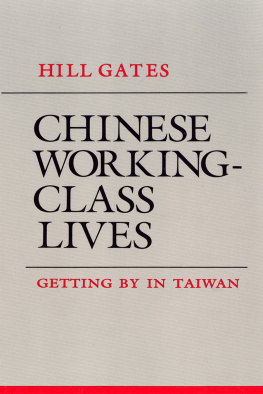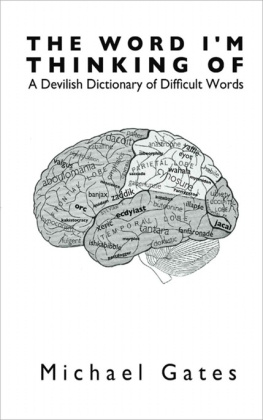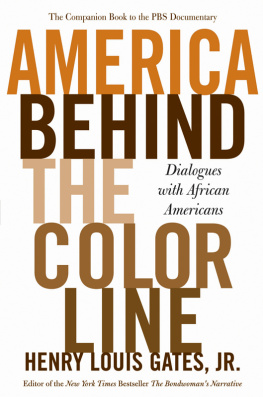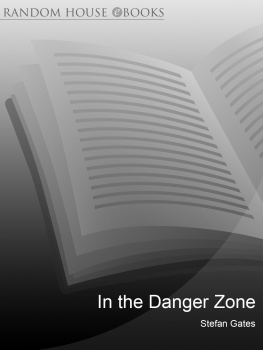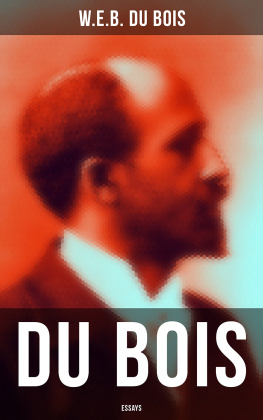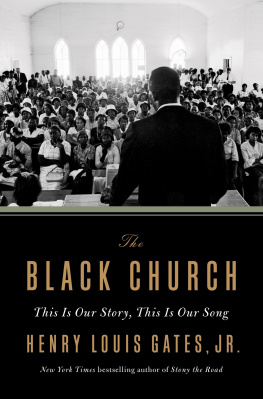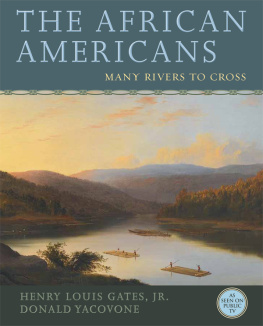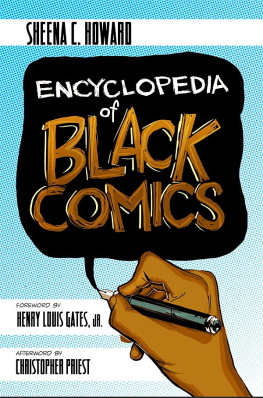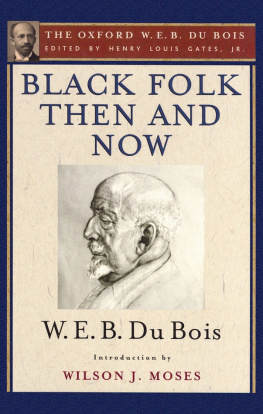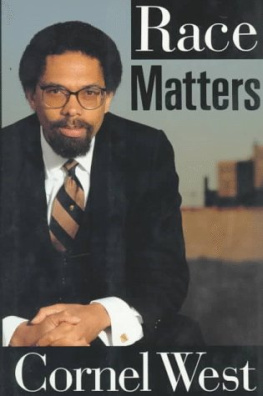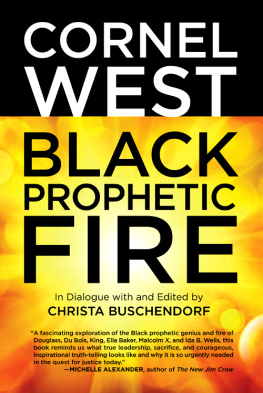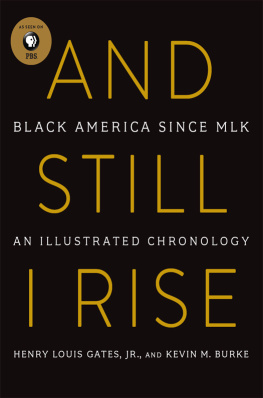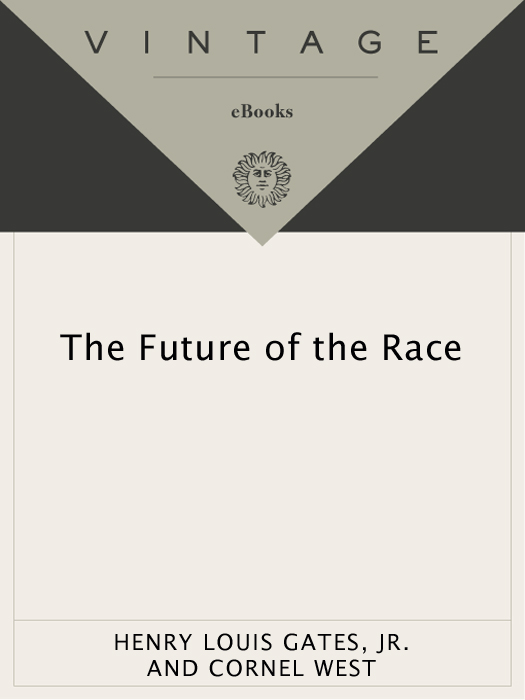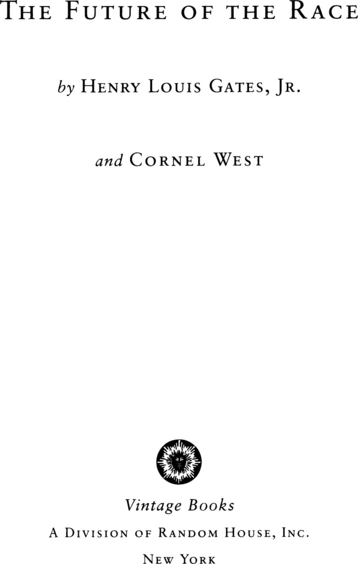Acclaim for H ENRY L OUIS G ATES , J R. , and
C ORNEL W ESTS
The Future of the Race
Consistently thoughtful and often poignant. Gates writes intimately and affectionately. West masterfully interweaves history with developments in literature and the arts. Each shows us that human progress will not be denied.
Boston Sunday Globe
Gates is engagingly witty and journalistic. West grasps for prophecy performing something of an intellectual tour de force.
The New York Times Book Review
An important volume thoughtful and deeply felt a useful introduction to the question that has plagued African American intellectuals for over 200 years.
Kirkus Reviews
A striking departure stunning.
Washington Times
A refreshing way to think about race in the United States today.
Christian Science Monitor
Raises important and stimulating questions. Learned, brilliant and provocative Henry Louis Gates and Cornel West consort atop the apex of American intellectual life.
Portland Oregonian
H ENRY L OUIS G ATES , J R .
C ORNEL W EST
The Future of the Race
Henry Louis Gates, Jr., was born and raised in Mineral County, West Virginia. He graduated phi beta kappa and summa cum laude from Yale College with a degree in history and was a London correspondent for Time magazine before receiving his Ph.D. in English from Cambridge University. He writes frequently for such publications as The New York Times Book Review, The New Yorker, and The New Republic; his books include Colored People (which won several national awards), Figures in Black, The Signifying Monkey (for which he received an American Book Award), and Loose Canons. He is now W. E. B. Du Bois Professor of the Humanities and chair of the Department of Afro-American Studies at Harvard University.
Cornel West was born in Tulsa, Oklahoma, and grew up in Sacramento, California. He graduated magna cum laude in three years from Harvard College and received his Ph.D. from Princeton University, where he was Professor of Religion and Director of Afro-American Studies. He is now Professor of Afro-American Studies and of the Philosophy of Religion at Harvard University, and has been a guest lecturer at many campuses. His eleven books include Race Matters, Keeping Faith, Prophetic Fragments, The American Evasion of Philosophy, and, with bell hooks, Breaking Bread: Insurgent Black Intellectual Life.
Also by H ENRY L OUIS G ATES , J R .
Colored People
Loose Canons
Figures in Black
The Signifying Monkey
General Editor,
The Schomburg Library of Nineteenth-Century
Black Women Writers
(in 30 volumes)
Also by C ORNEL W EST
Jews and Blacks: Let the Healing Begin
(with Michael Lerner)
Race Matters
Keeping Faith: Philosophy and Race in America
Beyond Eurocentrism and Multiculturalism
(in two volumes)
Breaking Bread: Insurgent Black Intellectual Life
(with bell hooks)
Prophetic Reflections Prophetic Thought in Postmodern Times
The Ethical Dimensions of Marxist Thought
The American Evasion of Philosophy:
A Genealogy of Pragmatism
Prophetic Fragments Post-Analytic Philosophy
(with John Rajchman)
Prophesy Deliverance! An Afro-America
Revolutionary Christianity
C ONTENTS
P REFACE
T HIS BOOK resulted from a series of conversations in which we have been engaged over the past two years, at the offices of the Department of Afro-American Studies at Harvard University, where we are both professors charged with the task of building a premier research and teaching program in African-American Studies. In the corridor of the department sits a bronze bust of W. E. B. Du Bois. Du Bois was a member of the Harvard College Class of 1890, and then he earned a Ph.D. in history at Harvard in 1895. In 1903, he published an essay entitled The Talented Tenth, which sought to define the commitment to service that the black college graduate owes to the rest of the black community.
We and our colleagues regularly engage in discussions about the nature and function of our departmentas well as its responsibilities (ours, as professors, and those of our students) to the larger African-American community, past, present, and future. A central part of our mission as teachers is to analyze, and reinterpret for our generation, the great writings of the black past, showing how they continue to speak to us today. Just as the English literary critic F. R. Leavis regularly undertook what he called revaluations of canonical works in the pages of his journal, Scrutiny, so too do we think it incumbent upon our generation of scholars to ground our understanding of the present in the germinal thought of our collective past.
One such effort has produced this book, in which we, two grandchildren of the group of intellectuals Du Bois dubbed the Talented Tenth, have sought to think throughand critiqueDu Boiss challenge of commitment to service that, we deeply believe, the formally educated owe to all those who have not benefited from the expanded opportunities afforded by the gains in civil rights and its concomitant, the programmatic attempt to fulfill Americas commitment to equal opportunity, popularly known as affirmative action.
This is not intended to be a book that makes policy recommendations, although we both have strong feelings about the need for both governmental and private forms of intervention to reverse the delimitation of life choices that all too many African Americans face. Rather, this is a book of reflection, consisting of two essays that map our separate responses to Du Boiss provocative thesis.
For Gates, this response takes the form of an autobiographical account of the triumph and tragedies of the generation of young blacks who attended historically white institutions, such as Yale University, where he was an undergraduate in the late sixties and early seventies. Within this frame, he explores todays paradox of the largest black middle class in American history coexisting with one of the largest black under-classes.
Wests essay investigates the nature of Du Boiss life and thought and the tensions inherent between them. West analyzes Du Bois as a thinker, focusing particularly on his political and philosophical ideas. He explicates Du Boiss thought by situating him in the context of his times and within the limitations imposed by his social, political, and intellectual milieu. Using this framework, he then meditates upon black strivings (as Du Bois put it) as we face the end of the American century.
In The Future of the Race, we explore a pivotal aspect of Du Boiss intellectual legacy, and so have included the essay to which we are responding, as well as Du Boiss own critique of it (first published in 1948, and reprinted here in its entirety for the first time). For those readers who are unfamiliar with either text, we have also provided a historical overview of Du Boiss life and works, to serve as an introduction to his two essays found in our Appendix.
Twenty-five years ago, historically white male institutions of higher learningsuch as Yale and Harvardopened their doors to blacks and women in unprecedented numbers, a direct result of so-called affirmative action lobbying for the diversification of Americas middle classes. Harvard and Yale, where we were undergraduates, were both quite self-conscious about their new admissions policies. At Yale, for example, Kingman Brewster, addressing the entering class in September of 1969 in a speech crafted more for the benefit of the old Blue alumni and the press than of those students seated in Woolsey Hall, welcomed each as one of that years 1,000 male leaders. Pointing rather awkwardly to the 250 women sitting in the audience, he promised that, despite their presence, Yale would never abandon its commitment to what at the turn of the century Du Bois had called Americas exceptional men.



